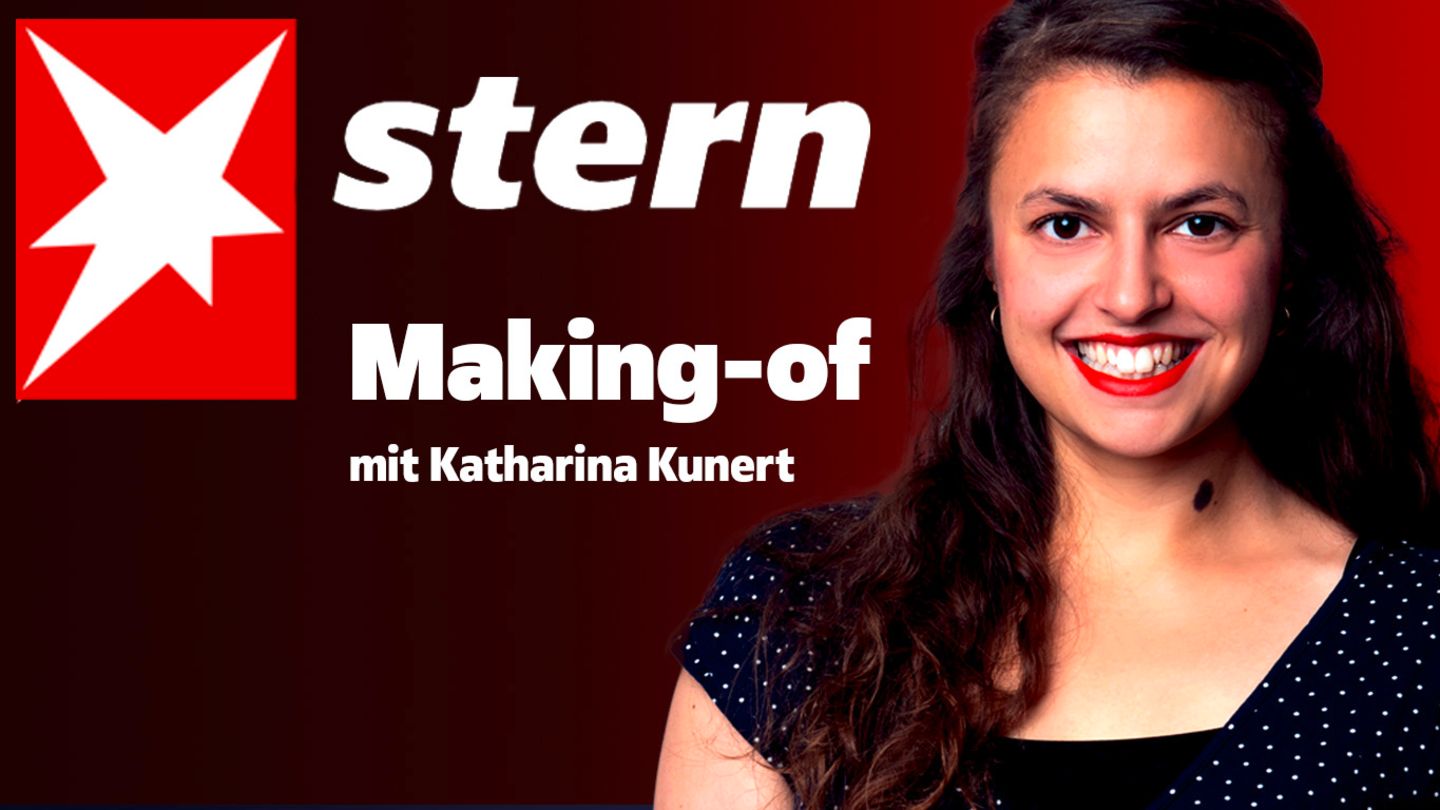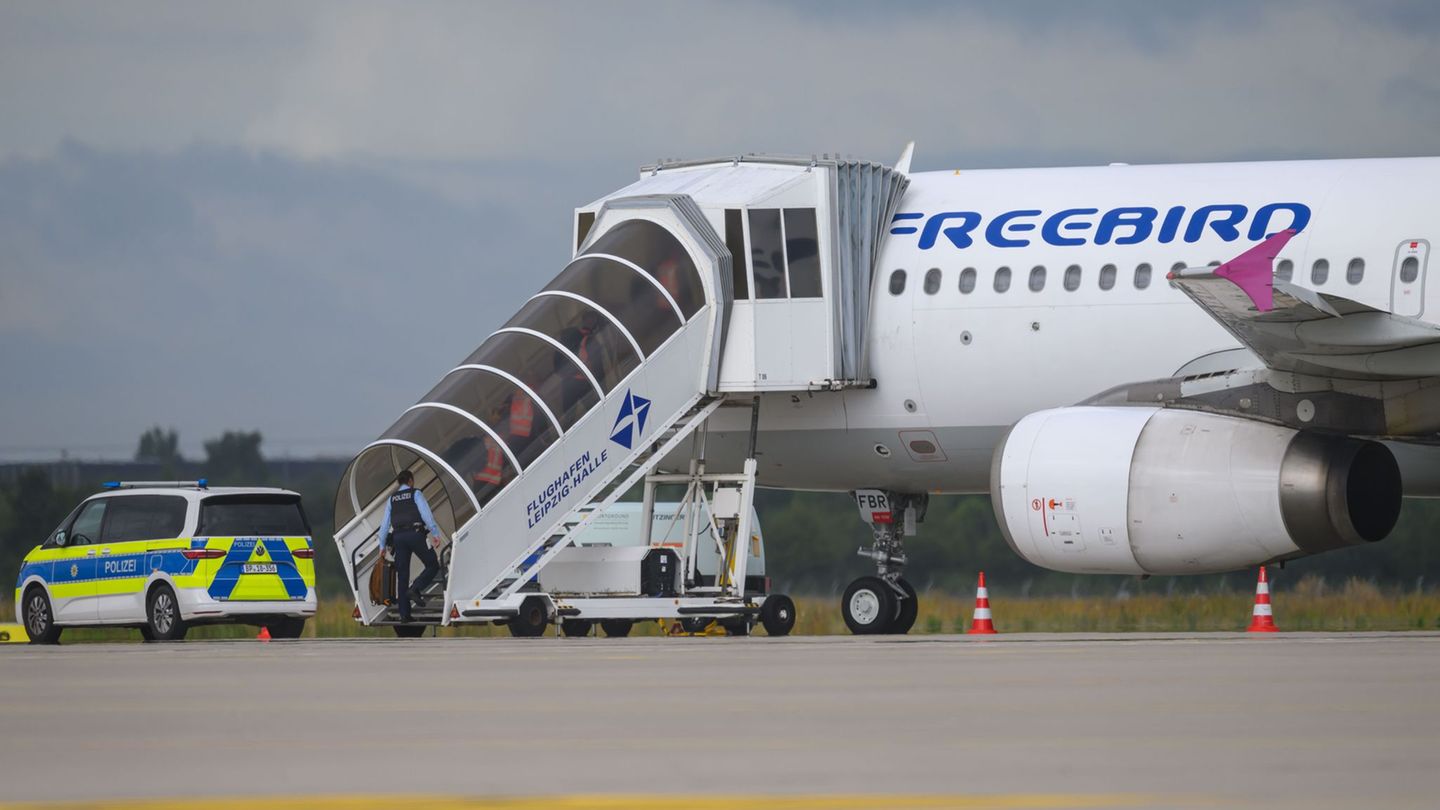For a year now, I have been interviewing relatives of hostages as well as ultranationalists in Israel. And I notice that the protest marches are becoming more heated – and the positions more irreconcilable.
Tel Aviv, a night in June. The demonstrators wipe beads of sweat from their faces and continue to shout: “Bibi, go home!” They gather in front of the Ministry of Defense, as if the Prime Minister could hear them there. Some throw posters into a pile, pull out lighters – and the pictures of Benjamin Netanyahu go up in flames. Young people fan the flames with their posters, black smoke rises.
The police no longer even try to put out the many fires that the demonstrators set week after week. But they don’t want to back down either: a dozen uniformed officers suddenly ride horses towards the crowd, and the people scatter. A young woman pulls me aside: “Here!” she calls, and we run onto the sidewalk.
The mood in Israel is changing
It is the job of journalists to be in the thick of things. The press gallery at demonstrations is often more of an obstacle to talking to people – good for getting an overview before going back into the crowd. On this evening, however, I climb the metal steps to the gallery and watch the tumult from above. Most of the photographers have also taken refuge there and are looking through their lenses at the clashes between the police and the crowd.
In the first days and weeks after October 7, police and demonstrators in Israel were rather cautious in their approach to one another. United by a shared trauma, many of them had relatives or friends who had been kidnapped, injured or even murdered by Hamas. Or who had fought as soldiers in the Gaza Strip.
At the time, it was a scandal that the hostages’ relatives were pushed away by the police – all camps agreed on that. The posters on many motorway bridges bearing the slogan “United we will win” date back to those days. They seem like a mockery in view of the groups that are now fighting each other with water cannons, horses or burning posters.
Week after week, I don’t just meet the same people with posters at the demonstrations. We know each other, I’ve spoken to them several times since the early days. I also often see the same police officers, and I know which ones are friendly to the press. One of them helps the photographers and me to get past the barriers. Others insult us and want to throw us out. Some Israeli photojournalists often meet on Saturday evenings after the demonstrations for a regular get-together, and I was invited to one after a few weeks. They show each other their photos, sometimes bruises or clothes soaked by water cannons. One topic always comes up: the increasingly aggressive police.
The photographers agree: The police are not actually the enemy. But since the ultranationalist Itamar Ben-Gvir was appointed Minister of Security in December 2022, something has changed. The demonstrators are increasingly being perceived as enemies of the state. And the press, too, are increasingly being seen as such. “I have the feeling, especially with young police officers, that they will use any means necessary,” says one of the photographers at the regulars’ table. “They know that the top police chief is even more crass, so they might as well be crass themselves.” He had already noticed this during the protests over Netanyahu’s controversial judicial reform, but also during the protests for the release of the hostages a few months ago.
A little Hebrew breaks the ice
In the metropolis of Tel Aviv, the left-wing demonstrators are mainly gathering, demanding an agreement with Hamas to free the remaining 101 hostages from Gaza – no matter what the cost.
In the capital Jerusalem, which is dominated by religion and has a relatively conservative population, supporters of the government also demonstrate again and again. In April, at one of their meetings, bass music boomed over a sea of Israeli flags. Posters proclaimed: “Netanyahu forever! You will never walk alone.”
Very few people there speak English. Many supporters of the government go to religious schools where no foreign languages are taught. This is always a challenge when reporting: When I speak to the demonstrators in English, they often ask skeptically about the political orientation of my medium. Then it helps me to speak simple Hebrew with them – for them, this is probably a sign that I am trustworthy. Even among demonstrators who do not read or know any foreign media, the sentence “Stern, I know that” is repeated again and again. The surname is common among Jewish families, including in Israel.
Fewer and fewer people want to give their names
In the first few months after the war began, I quickly found people to talk to at demonstrations. Whether right-wing or left-wing. Even on the night when Iran first directly attacked Israel, people took the time to do interviews before running from the streets back to their homes. Many were happy that their opinions were being heard.
Now, almost a year after October 7, I am experiencing the opposite. People who speak to me often no longer want to give their full name. Most of them refuse to let me take photos. “I don’t want people to see my political views when they google me,” said this sentence to me just a few days ago by a woman who has been at every weekly demonstration for the hostages. Politics has become one of the most important things in her life. But she still doesn’t want to be recognized.
The same goes for a 33-year-old government supporter. When I interviewed him in Tel Aviv, he lowered his voice for fear that passersby might hear him. Both the left-leaning woman and the more right-leaning man are convinced that their political opponents are trying to control public opinion. They don’t want to make themselves vulnerable.
The solidarity of the first weeks of the war: I only see it in Israel on the old posters.
Source: Stern
I have been working in the news industry for over 6 years, first as a reporter and now as an editor. I have covered politics extensively, and my work has appeared in major newspapers and online news outlets around the world. In addition to my writing, I also contribute regularly to 24 Hours World.




